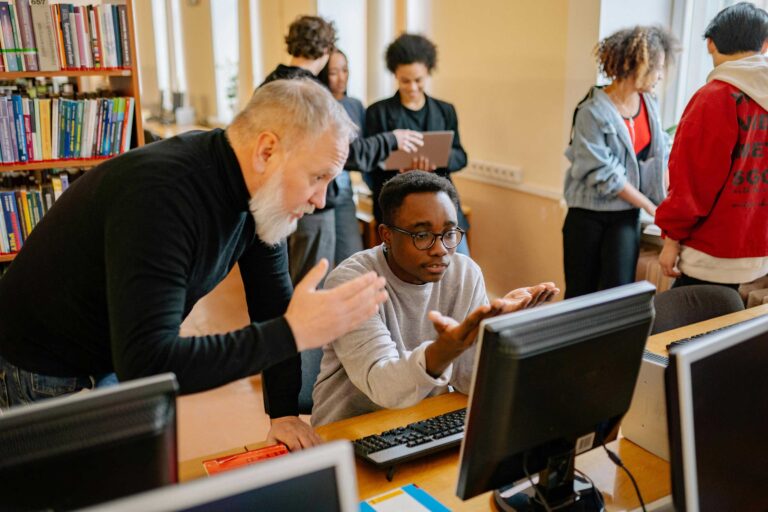During the early stages of the coronavirus pandemic, people who identify as Asian Americans or Pacific Islanders (AAPI) on mental health screens are showing the sharpest increase in percentages experiencing severe anxiety, according to new screening data released earlier this week by Mental Health America (MHA).
In late 2019, 39 percent were getting a result indicating severe anxiety for those who had taken MHA’s online anxiety disorder (GAD-7) screen. In the first month after the coronavirus pandemic took hold in the United States (US), the percentage had risen to 45 percent.
This was the largest percentage increase of any racial or ethnic subgroup in the MHA data.
There is an obvious explanation for this. The virus was first discovered and identified in China. For more AAPIs than any other group, it was already hitting closer to home for those who had loved ones outside of the US in the affected areas.
But there is a not-so-obvious explanation for this, too.
From the start of the pandemic and continuing to this day, some public officials have insisted on referring to it as the “Chinese virus” or the “Wuhan virus” despite the World Health Organization (WHO)’s efforts to push back against stigmatizing terms, leading people who hear this to believe one of two things.
The first is that people of Asian or Pacific Islander descent were more likely to be at risk of contracting COVID-19.
This is not true.
The data show that this virus does not distinguish among racial or ethnic groups. Older people and people with compromised immune systems are more likely to get very sick or die from it. It does not choose its victims for their race or ethnicity.
The second is worse – that people of Asian or Pacific Islander descent are the cause of the virus.
This is also untrue. But it hasn’t stopped some people from engaging in the kind of bigotry and resulting xenophobia that puts the safety and lives of others at risk.
So, who’s to blame?
No one individual is to blame for the virus. And there is no basis for blaming anyone for the quick spread of this virus other than governments who reacted too slowly to inform people of the coming danger and tell us what we needed to do to protect ourselves. There is no racial or ethnic group that caused this sudden and massive change to the realities of our day-to-day lives.
But there is a reason to tone down the rhetoric and the weak attempts at humor.
Words do hurt people, and the actions that stem from them can be life-threatening, racially-charged rhetoric used by our politicians may serve as encouragement for those perpetrating hate crimes. But words also harm our mental health and our national unity. We need to be doing all we can today – in the face of unprecedented stress, worry, and anxiety, to calm the waters and protect our health. We are very much in this together.
How can individuals support loved ones who are experiencing anxiety, fear, and stress from COVID-19 related hate and violence? “[F]or witnesses that see a the incident, especially verbal abuse, even standing next to the victim, without even saying anything to the perpetrator, gives the victim comfort and a sense of protection,” said John Yang, president and executive director of Asian Americans Advancing Justice. Additionally, anyone who sees racists memes, tropes, and disinformation online should report them to the social media platform and ask others to as well. There are many ways onlookers and allies can play key roles in alleviating the distress experienced by victims of these crimes.
Additionally, MHA continues to offer free mental health screenings and COVID-19 resources on our website. We are updating our resources daily. Please use and share them freely, because worry that transforms to anxiety is unhealthy. And even as the wave of illness overtakes us, help us start the process of healing.
Our public officials need to stop fanning the flames of xenophobia and racism. It is doing harm to all Americans, not just the groups that have been singled out.


